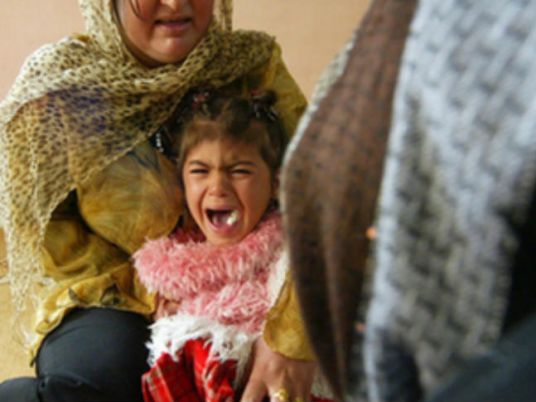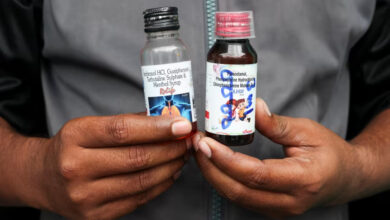
An Egyptian doctor who performed a deadly female circumcision operation on a girl has served a three-month sentence, he and a lawyer said Saturday, in a first since a 2008 ban.
Raslan Fadl had been sentenced in January 2015 to two years in prison for involuntary manslaughter and an additional three months for practising female genital mutilation (FGM).
He remained free, however, until his arrest last April, said lawyer Reda Al Danbouki, who had pursued the case against Fadl.
“He began the sentence on April 2 and was released on July 2,” said Danbouki, the executive director for the Women’s Centre for Guidance and Legal Awareness in Egypt.
Fadl, who denies that he performed the operation, told AFP that he had served a three-month sentence.
He said the two-year sentence by a court in the Nile Delta province of Mansoura had been suspended after he “reconciled” with the family of the 14-year-old girl who died during the operation.
“Go to the court and you’ll find the sentence has been suspended,” he said in a phone interview.
“There was a reconciliation with the girl’s father and there is no problem now,” he said, adding that the sentence was under appeal.
“There was no clitorectomy. Some lawyer said something and the media made it a big deal,” he added.
FGM involves the removal of the clitoris, and sometimes even more extreme mutilation, in a bid to control women’s sexuality.
It can cause lifelong pain and serious complications during childbirth.
A 2000 survey found that 97 percent of married women in Egypt had undergone the procedure.
Activists say the campaign to end the practice suffered a setback with the 2011 overthrow of president Hosni Mubarak, whose regime had imposed the ban.
Some Islamists argued that the ban was a legacy of his autocratic rule which should not be enforced.
FGM is also practised in a number of other African countries as well as parts of the Middle East, and is usually carried out by women.




